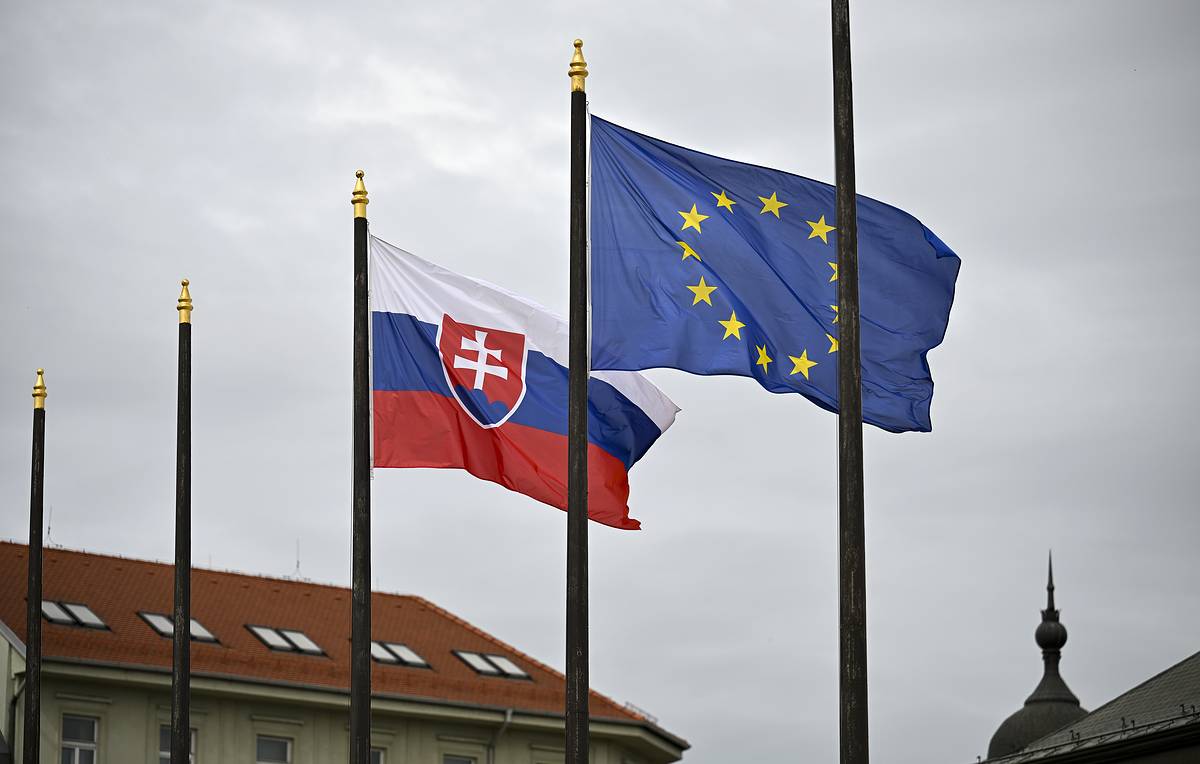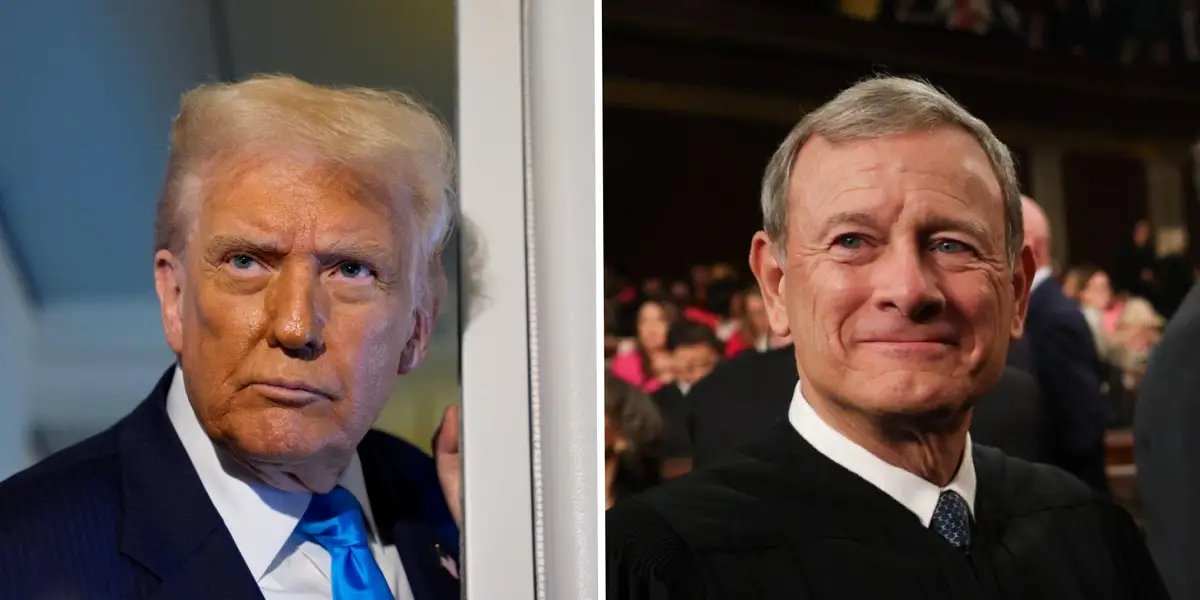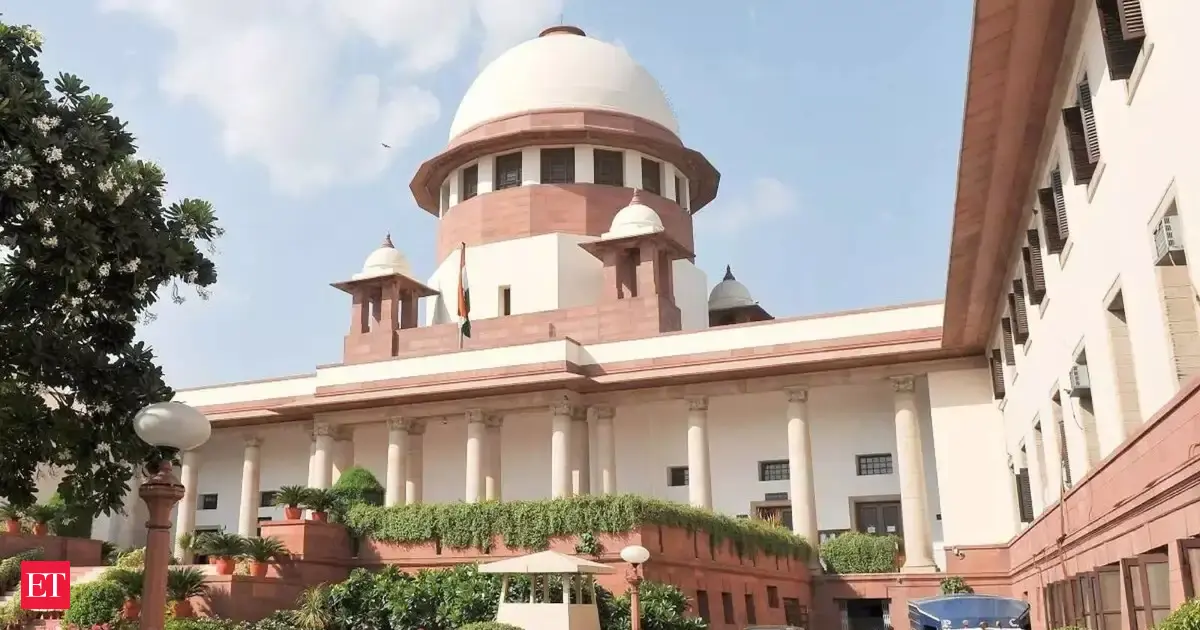Copyright tass

MOSCOW, November 1. /TASS/. Donald Trump’s team advocates for the resumption of US nuclear tests; Slovakia signals readiness to join Hungary and Czech Republic in an anti-Ukraine EU bloc; and South Korea shows interest in renewed cooperation with Russia on the Northern Sea Route. These stories topped Saturday newspaper headlines across Russia. Kommersant: Trump allies rally behind call to resume nuclear testing despite strategic risks Several senior members of Donald Trump’s administration have voiced support for resuming nuclear testing, which the United States has not conducted since 1992. These remarks followed the US president’s recent assertion that Washington should restart full-scale tests, arguing that other countries are allegedly doing so as well. Among Trump’s supporters, there are many who understand that the president was mistaken, yet they still seriously believe the US should resume live nuclear detonations. Experts warn, however, that such a move would undermine global nonproliferation efforts and put international security at high risk, Kommersant writes. US Vice President J.D. Vance argued that testing should be resumed to ensure the reliability of the country’s nuclear arsenal. Defense Secretary Pete Hegseth also voiced backing for the return of nuclear testing. Nonetheless, the idea has strong opponents, primarily within the Democratic Party. The harshest criticism has come from lawmakers from Nevada, home to one of the main testing sites where more than 900 atmospheric and underground detonations were conducted between 1951 and 1992. Responding to a request from Kommersant, Secretary of the Russian Security Council Sergey Shoigu commented on Trump’s statement. "Testing has never ceased in any country, not for a single day. But these involve computational testing — not physical nuclear explosions, but the use of mathematical modeling. Such testing continues, because maintaining the reliability of nuclear arsenals requires constant attention and improvement," he said. Grigory Berdennikov, expert at the Center for Energy and Security Studies, told Kommersant that supporters of renewed US testing are driven less by concern over the reliability of the American arsenal. In his view, the current debate in the United States represents "a rather clumsy attempt" to respond to Russia’s successful testing of new nuclear delivery systems, such as Burevestnik and Poseidon. The victim of this move, he warned, could be the nearly 30-year moratorium on nuclear testing that all nuclear-weapon states party to the Treaty on the Non-Proliferation of Nuclear Weapons declared after signing the Comprehensive Nuclear-Test-Ban Treaty (CTBT). Kommersant: Slovakia ready to join Hungary, Czech Republic in anti-Ukraine EU policy bloc Bratislava, Budapest, and Prague may jointly resist Brussels’ initiatives to supply arms to Ukraine, Deputy Chairman of Slovakia’s ruling Smer party Lubos Blaha told Izvestia. According to Politico, the idea of forming such a bloc is being pushed by Hungary. Prime Minister Viktor Orban is also counting on the support of future Czech Prime Minister Andrej Babis, who has been critical of the European Union and its assistance to Kiev. Experts noted that this potential bloc could grow as internal challenges within the EU increase. At the same time, Brussels will not remain idle and is expected to apply pressure on these states. "Joint action by those in Europe who have preserved their common sense is not only possible, but likely. Europe is once again, decades later, engulfed in collective madness that is leading us all toward war, decline, and chaos," Lubos Blaha told Izvestia. Earlier, Politico, citing Hungarian Prime Minister Viktor Orban’s adviser Balazs Orban, reported that Budapest plans to form an alliance of Ukraine skeptics together with Prague and Bratislava. According to him, this bloc would act as a unified force within the EU. Bratislava, Budapest, and Prague understand that the EU’s current policies are harmful and anti-European, and the best thing they can do for their countries and their citizens is to defend themselves by all possible means, Blaha emphasized. "Of course, they will be far stronger if they join their efforts. Therefore, precisely this scenario should be expected. There is no need to look for conspiracies or any form of Russian hybrid warfare here — it would simply be a natural expression of common sense and political realism," he added. These countries are sovereign states and may act as they see fit, provided their actions do not contradict EU law, Pavel Timofeev, head of the sector for regional problems and conflicts at the Institute of World Economy and International Relations, told Izvestia. In such cases, the EU does not enforce restrictions on their policies. The initiative to create an anti-Ukraine alliance inside the European Union could deal a serious blow to the Brussels bureaucracy, candidate of political sciences and professor at the Academy of Labor and Social Relations Pavel Feldman told Izvestia. "In effect, we are talking about the formation of an intra-European opposition that would become a strong counterweight to Ursula von der Leyen and her team of globalists. However, in response to the consolidation of Euroskeptics, official Brussels may launch an information and coercive campaign aimed at bringing them to heel," the expert noted. Izvestia: South Korea signals renewed interest in Northern Sea Route South Korea is showing interest in the Northern Sea Route and is actively maintaining a presence in the Russian market, Russian Ambassador to Seoul Georgy Zinoviev told Izvestia. Business cooperation is developing particularly in the food and cosmetics sectors, which are filling gaps left vacant after the departure of Western companies. According to the diplomat, bilateral trade volumes remain significant, although cooperation has become more difficult under sanctions pressure. "The current leadership of the Republic of Korea, President Lee Jae Myung, has put forward a 123-point strategic development program, and one of these points is specifically focused on cooperation on the Northern Sea Route. Everyone understands that the Northern Sea Route is, in essence, Russia, and not any other Arctic country, because it runs primarily along the coast of Russia," the ambassador said. Zinoviev emphasized that advancing the project is impossible without cooperation with Russia. He noted that South Korean researchers are currently seeking to better understand how the Northern Sea Route operates, although, for now, this interest remains largely theoretical. "Whether this interest will move into the practical realm is difficult to say. It is clear that existing sanctions imposed against Russia will likely affect cooperation in this area," he stressed. In recent years, trade and economic relations between the two countries have faced difficulties, primarily due to Seoul’s restrictions on certain categories of Russian exports. In 2021, according to South Korean customs data, trade volume between the two countries approached $30 bln. "Last year, bilateral trade amounted to around $11 bln, and this year we are seeing another decline of roughly 10%. Nevertheless, even at current levels, trade remains significant, especially given the sanctions factor," the ambassador stated. Experts believe there are prospects for restoring dialogue between Moscow and Seoul. A significant signal, they noted, was the visit of a Russian government delegation to South Korea — first to Busan, then to Gyeongju, to participate in the APEC summit. "We would like to hope these contacts will produce a positive effect on bilateral dialogue," Alexander Vorontsov, head of the Department of Korea and Mongolia at the Institute of Oriental Studies of the Russian Academy of Sciences, told Izvestia. "There are still no concrete practical steps yet, but expectations are still there," he added. Vedomosti: How and when US government shutdown might end Around half of Americans, 45%, hold US President Donald Trump and his fellow Republicans in Congress responsible for the government shutdown that began on October 1, the start of the new fiscal year, due to the absence of an approved annual budget or temporary funding. Experts told Vedomosti they believe Trump is extending the shutdown to gain leverage, potentially to weaken the filibuster and expand executive control, while Democrats face greater practical strain, but both sides are likely to reach a compromise within about a month. Over the course of the month, Senate Republicans attempted 13 times (as of October 31) to pass a bill that would allow the government to resume operations. But they consistently fell a few votes short, despite holding a standard majority in the Senate (53 seats out of 100), which under normal circumstances would be sufficient to pass a budget bill. The issue is that before the bill itself can be voted on, a motion to proceed to the vote must pass — and that requires 60 votes. In other words, Republicans must, in any case, secure support from Democrats. Despite the decline in approval ratings, it is Democrats that are experiencing greater practical difficulties, head of Minchenko Consulting Evgeny Minchenko told Vedomosti. The expert explained that in the absence of a fully functioning government, Trump is attempting to continue dismissing unwanted personnel as part of his federal government downsizing program, and to suspend certain social programs. Trump does not intend to concede for now and is prepared to extend the shutdown through November, although Republicans are already ready to restructure the bill in a way that could win Democratic support as early as tomorrow, Vladimir Vasilyev, chief research fellow at the Institute for US and Canadian Studies, told Vedomosti. In his view, Trump is hoping to push through the elimination of the filibuster, which would allow him to minimize Democratic participation in the decision-making process and grant Republicans significantly greater freedom of action. Kommersant: Russian coal prices in China rise sharply amid supply constraints Energy and metallurgical coal from Russia delivered to China rose by 4.6-4.7% in the third week of October, reaching their peak levels since late 2024-early 2025. The pace of price increases has accelerated amid declining domestic production in China, colder weather, and low inventories at steel mills. However, analysts told Kommersant they expect the influence of these price-supporting factors to diminish. Russian thermal coal with a calorific value of 5,500 kcal/kg in South China increased to $90.2 per ton including freight (CFR). In Far Eastern ports, prices rose by 5.8% to $77 per ton (FOB), matching January 2025 levels, according to NEFT Research. The price of premium low-volatility coking coal (PLV) in China reached $202 per ton including freight, the highest since late 2024. NEFT Research noted that the Asian thermal coal market has strengthened due to colder weather and tight supply. Weather conditions in northern China temporarily disrupted port deliveries, and following a series of mining accidents in Shanxi and Shaanxi provinces, authorities tightened safety controls, resulting in reduced production at some mines, the report stated. According to NEFT Research, in the metallurgical coal market, trading activity has picked up as traders seek to secure cargoes before Indian buyers re-enter the market. A shortage of domestic supply is additionally supporting prices. According to Shanghai Metals Market (SMM), market sentiment has improved: steel prices have rebounded, and some steel mills are operating with low coke inventories. Most coke-producing plants have increased prices for the third time in a row, SMM reported. However, NEFT Research warned that some market participants are concerned about a potential correction, noting that one Chinese mill has received a government directive to reduce steel output. Evgeny Grachev, Director of the Center for Price Indices, believes current prices are largely influenced by temporary restrictions on domestic coal supply in China. "We expect the strength of this factor to weaken in November, and the growth potential for now appears limited," he said. TASS is not responsible for the material quoted in these press reviews



